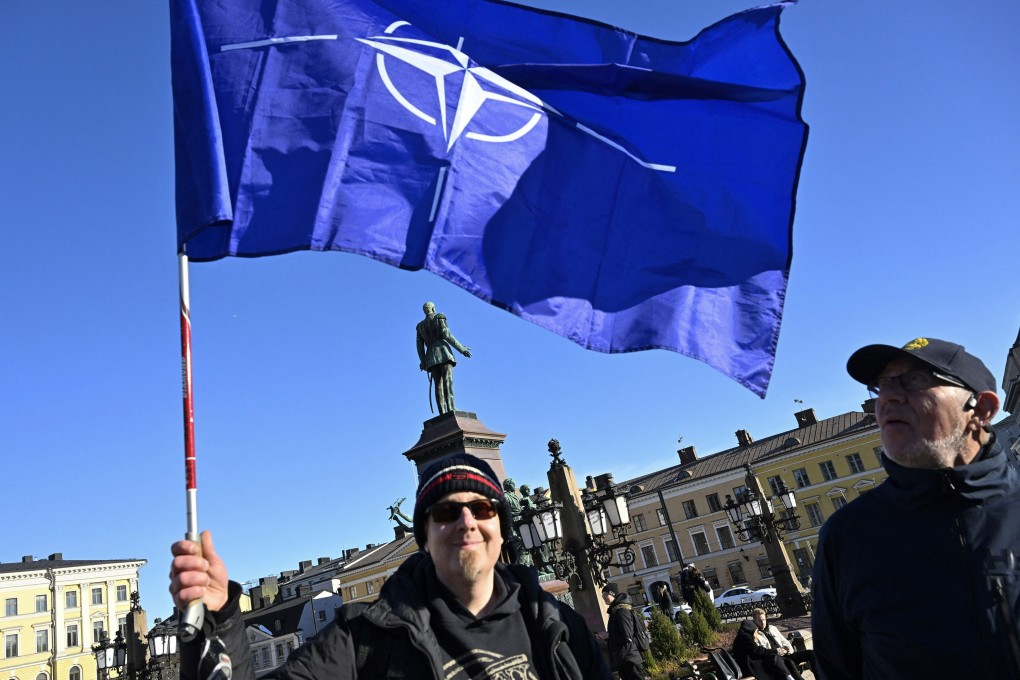Advertisement
Opinion | Nato’s fears over Trump re-election and Ukraine war could have a silver lining
- The state of the defence of Ukraine and the prospect of Donald Trump returning to the White House have sparked new fears and planning among Nato members
- If others join Poland in increasing military spending and prioritising defence, there could still be an opportunity for intra-alliance harmony with the US
Reading Time:3 minutes
Why you can trust SCMP
5

Nato marks the 75th anniversary of the signing of its founding treaty this week, yet the mood is far from celebratory. Key leaders within the transatlantic military alliance are increasingly concerned that the bloc is facing its biggest challenges ever.
Polish Prime Minister Donald Tusk, a former European Council president, warned last week that Europe is in a dangerous, new “pre-war era”, a situation not seen since 1945. He said Ukraine must not be defeated by Russia or “no one in Europe will be able to feel safe”. He emphasised that war is “no longer a concept from the past” and that “any scenario is now possible”.
This is one reason Nato is reportedly drawing up plans to secure a five-year military aid package of up to US$100 billion. The “Mission for Ukraine” proposal is being shepherded by Nato Secretary General Jens Stoltenberg for final approval over the summer. The plan would allow Nato to manage the supply of lethal weapons to Ukraine for the first time since the conflict began.
The reason for the urgency is that Tusk and others have warned that the coming months of the conflict will be crucial, sparking the need in the next few weeks for the West to help Ukraine rearm. He said “we are living in the most critical moment since the end of the Second World War”.
Key Nato nations fear that, absent a significant shift, the tide is turning in the Ukraine war in Russia’s favour. Moreover, any outcome that could be perceived as a major victory for Moscow will significantly add to the threat environment facing other nations in Europe.

It is in this sombre context that Nato is planning for the next half-decade, with a change of leadership anticipated in the second half of this year. The good news is that the context for the debate about the organisation’s future has been transformed in the post-pandemic period.
Advertisement
